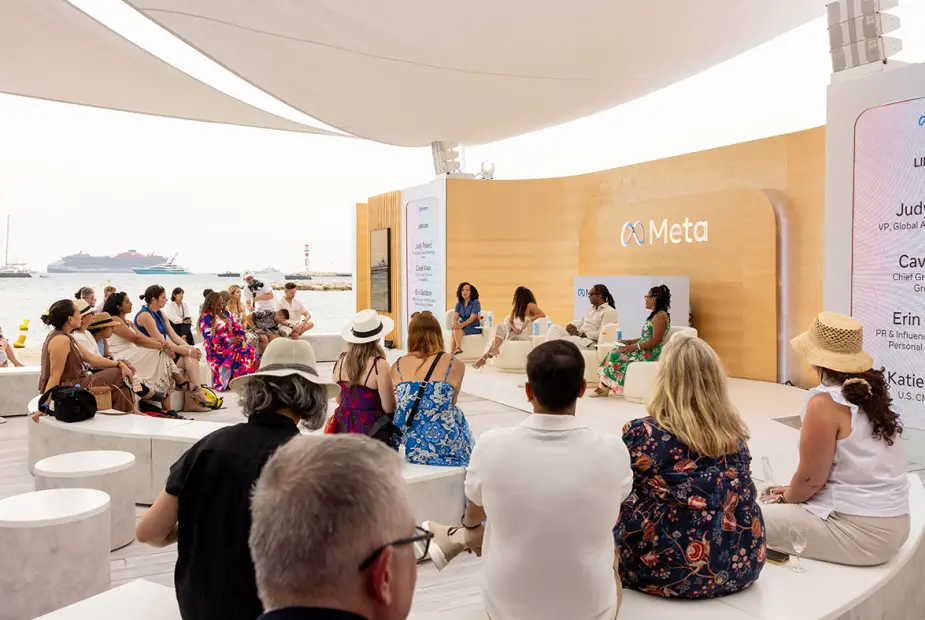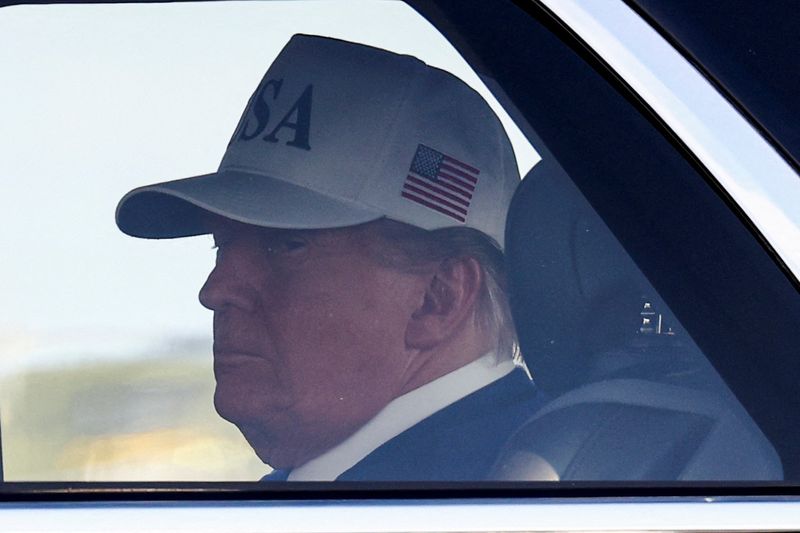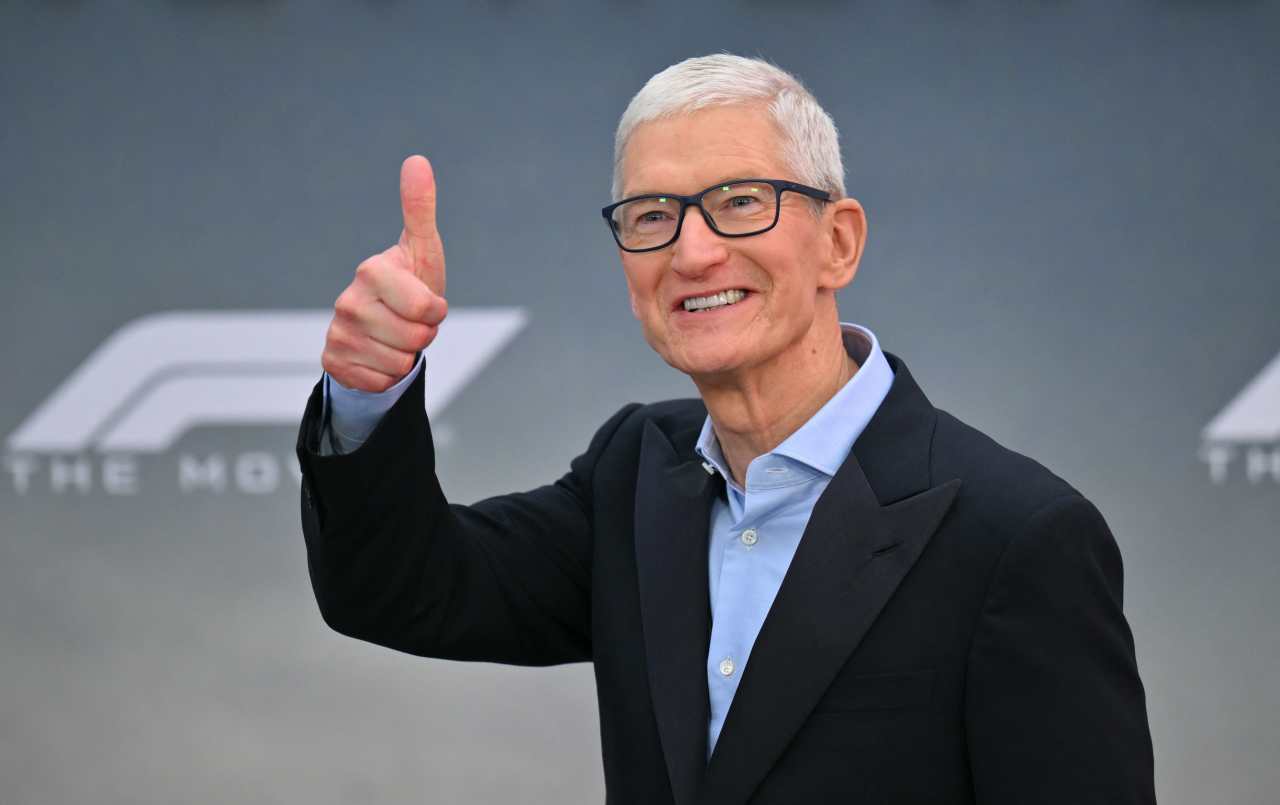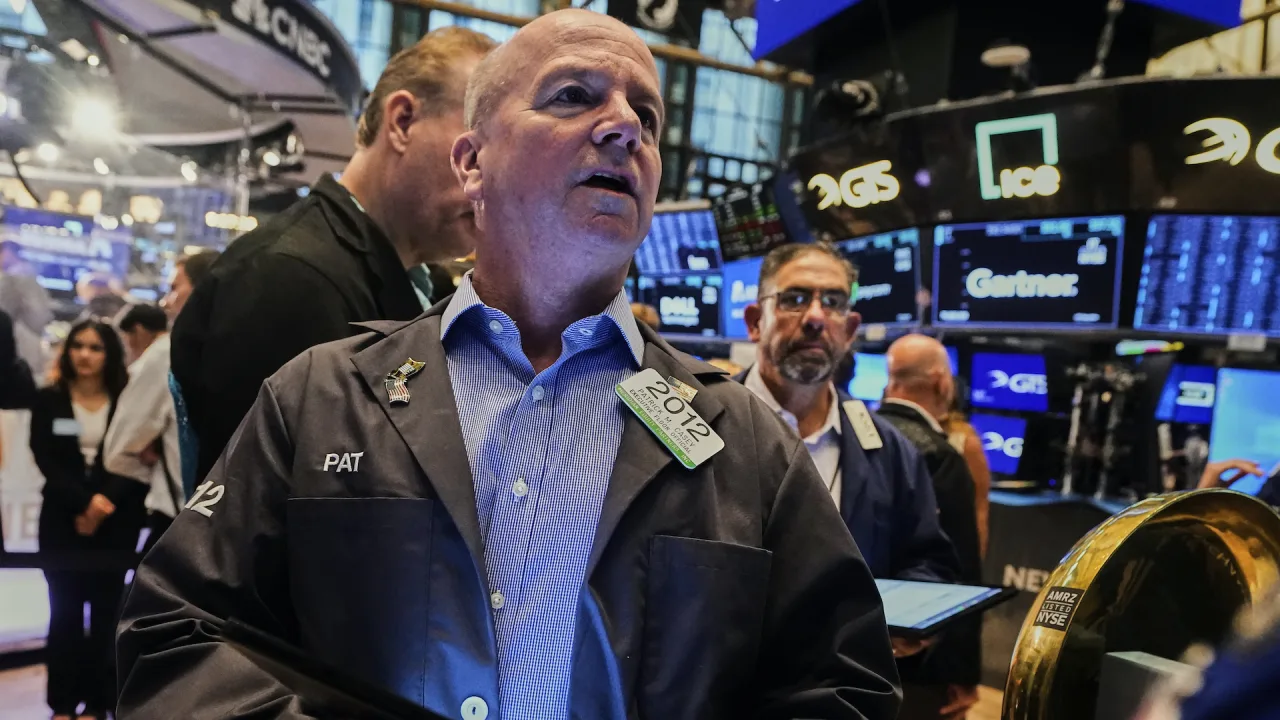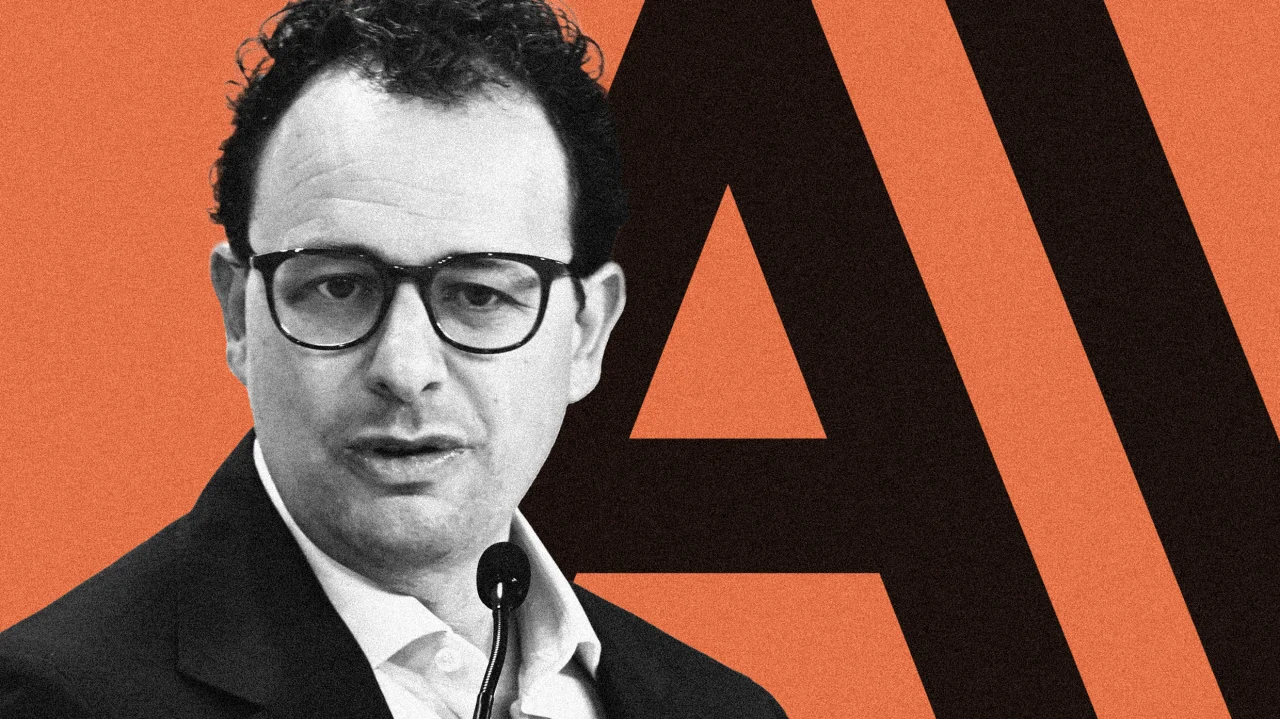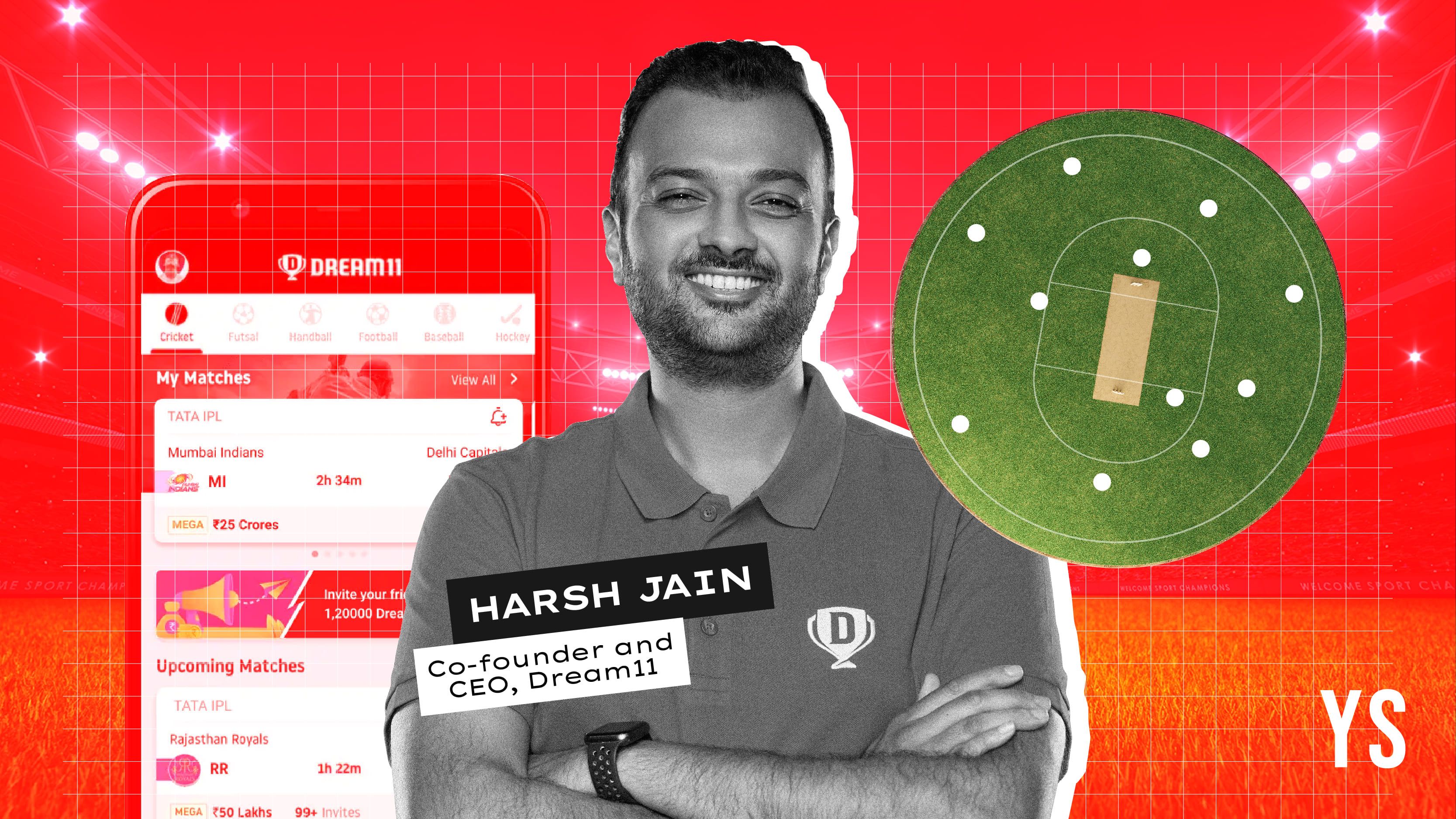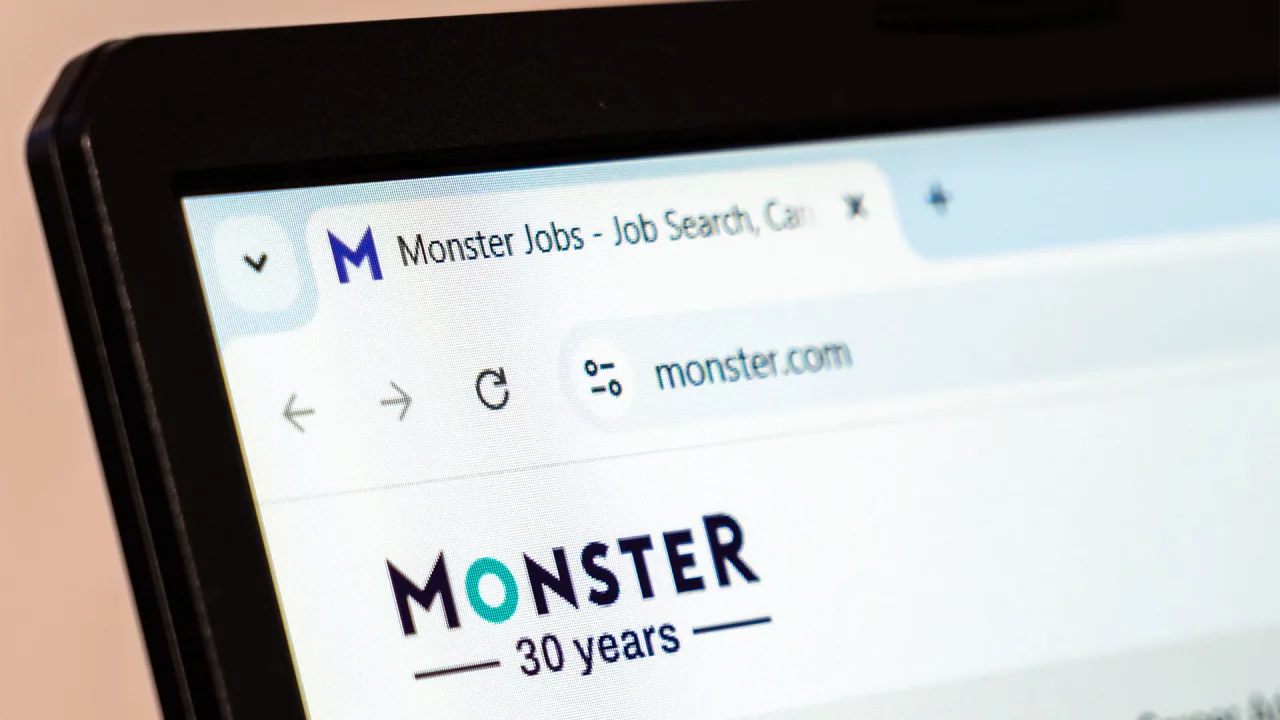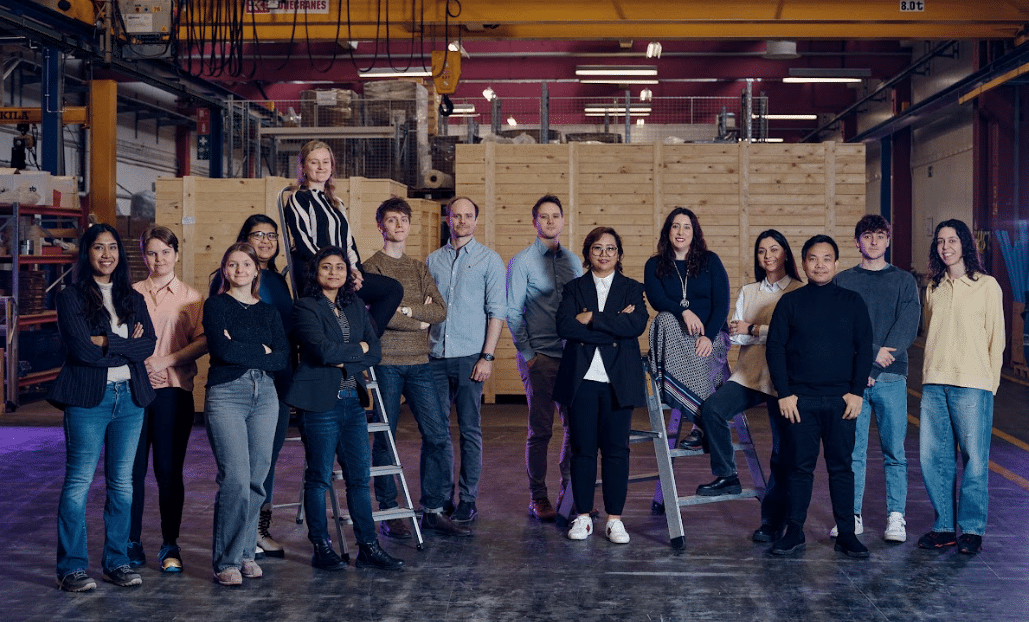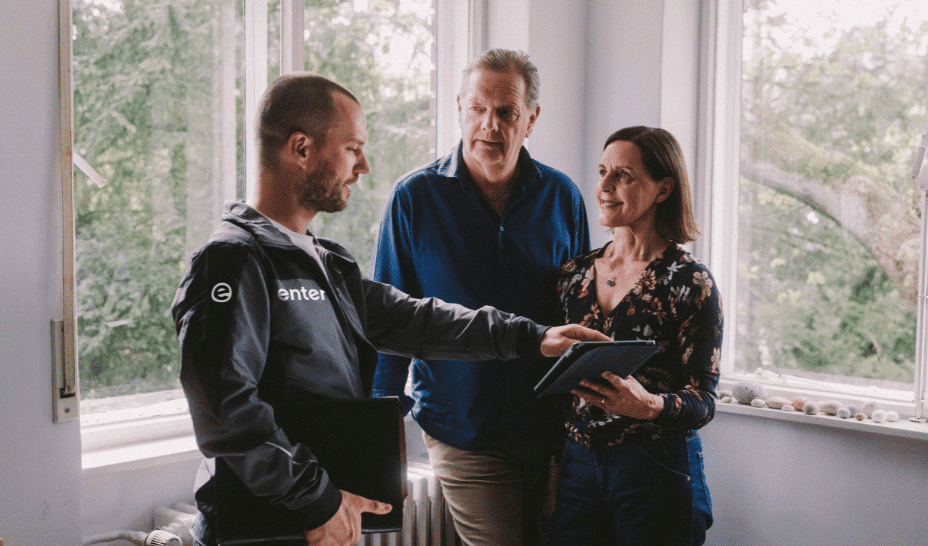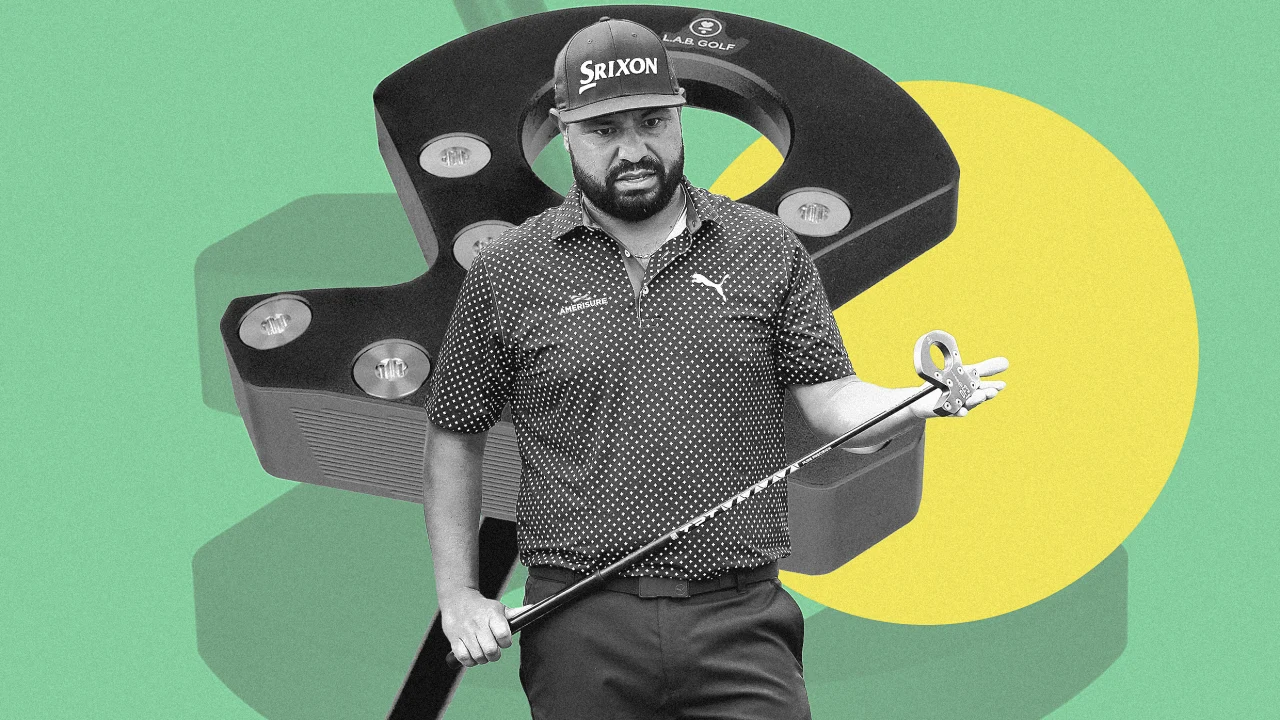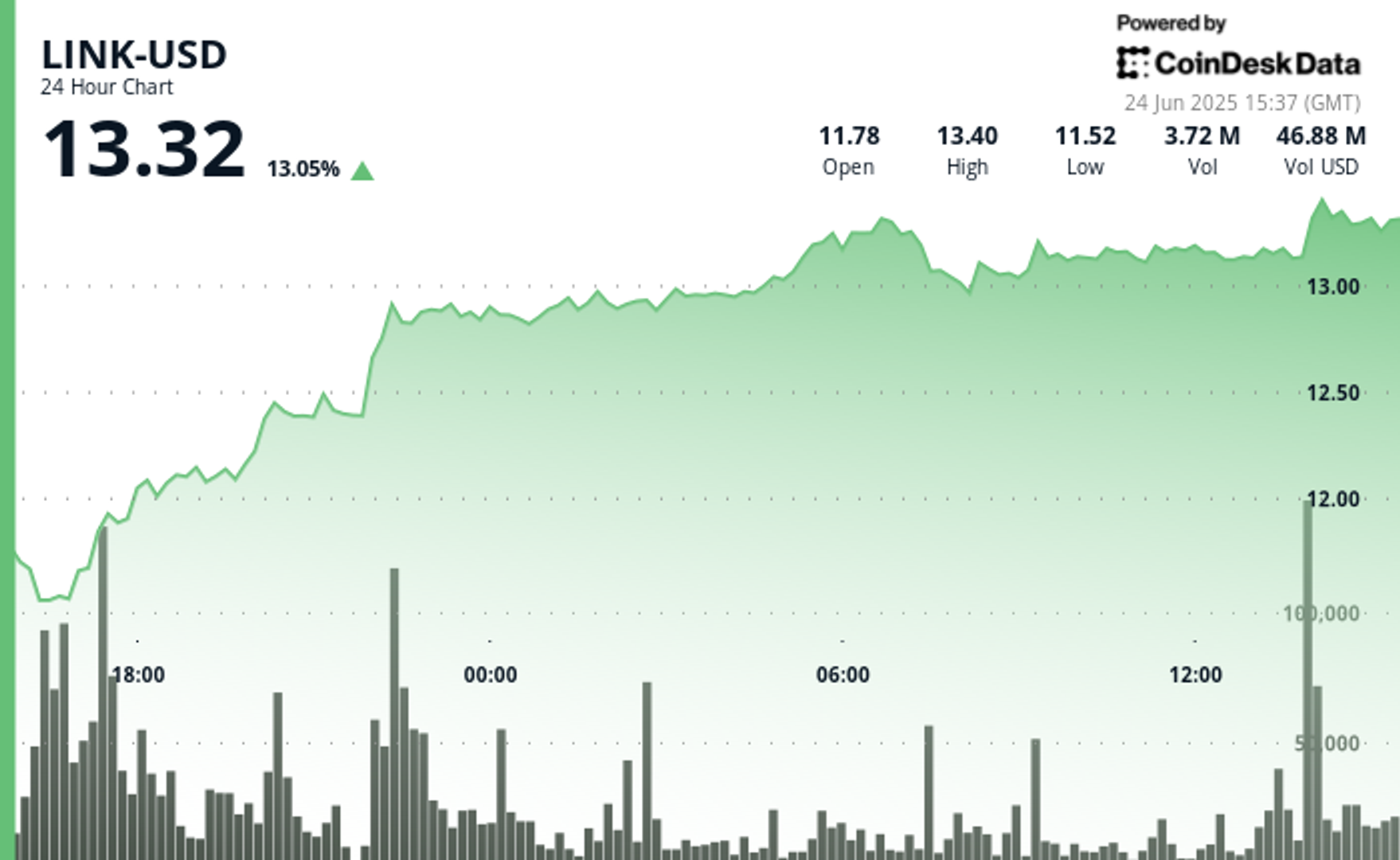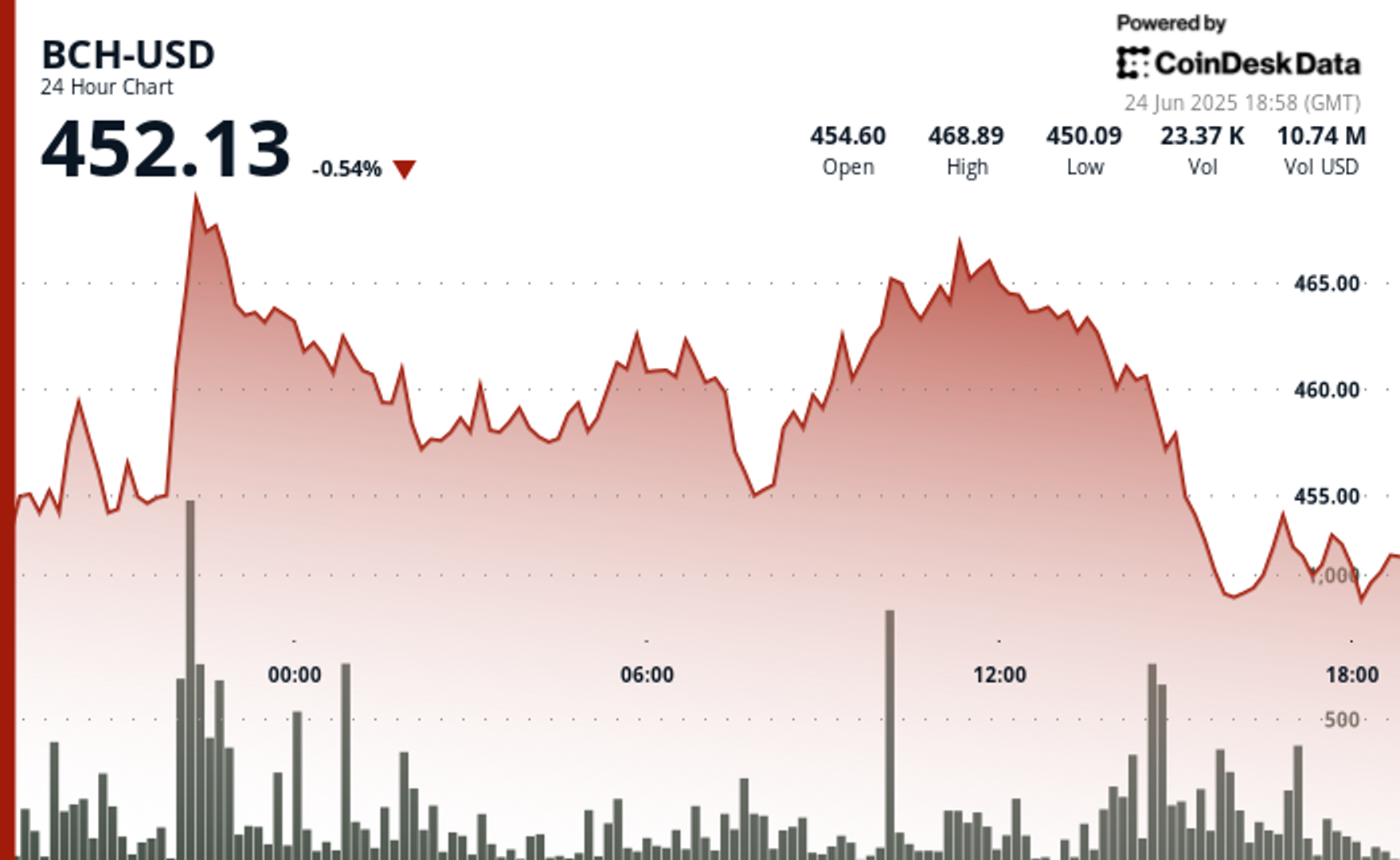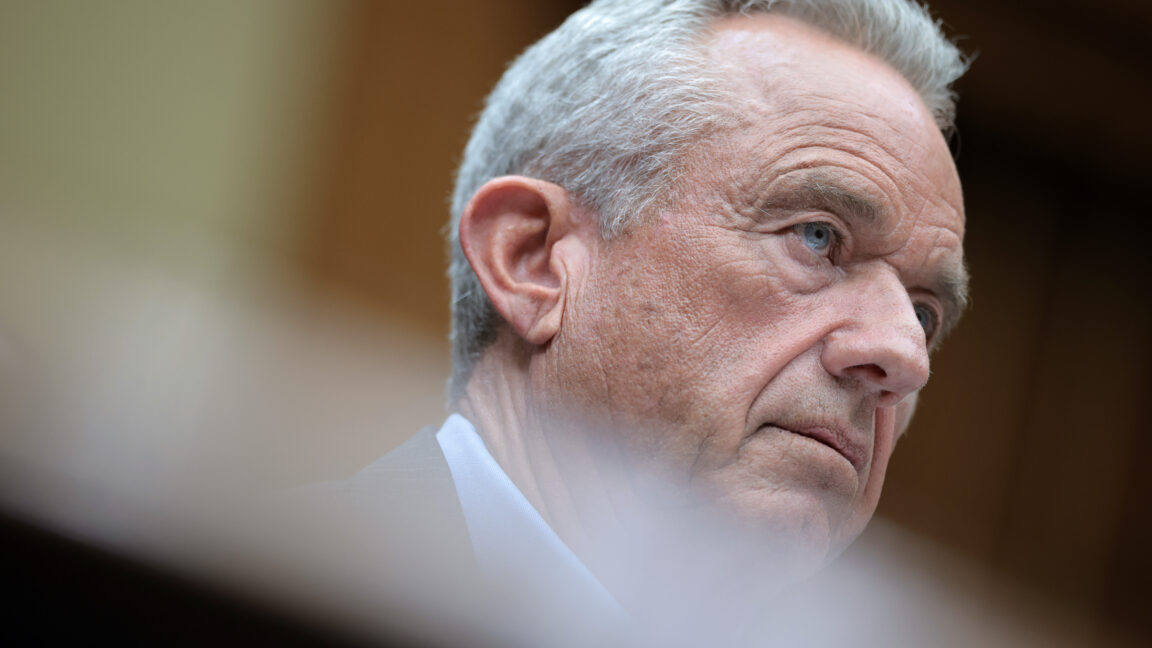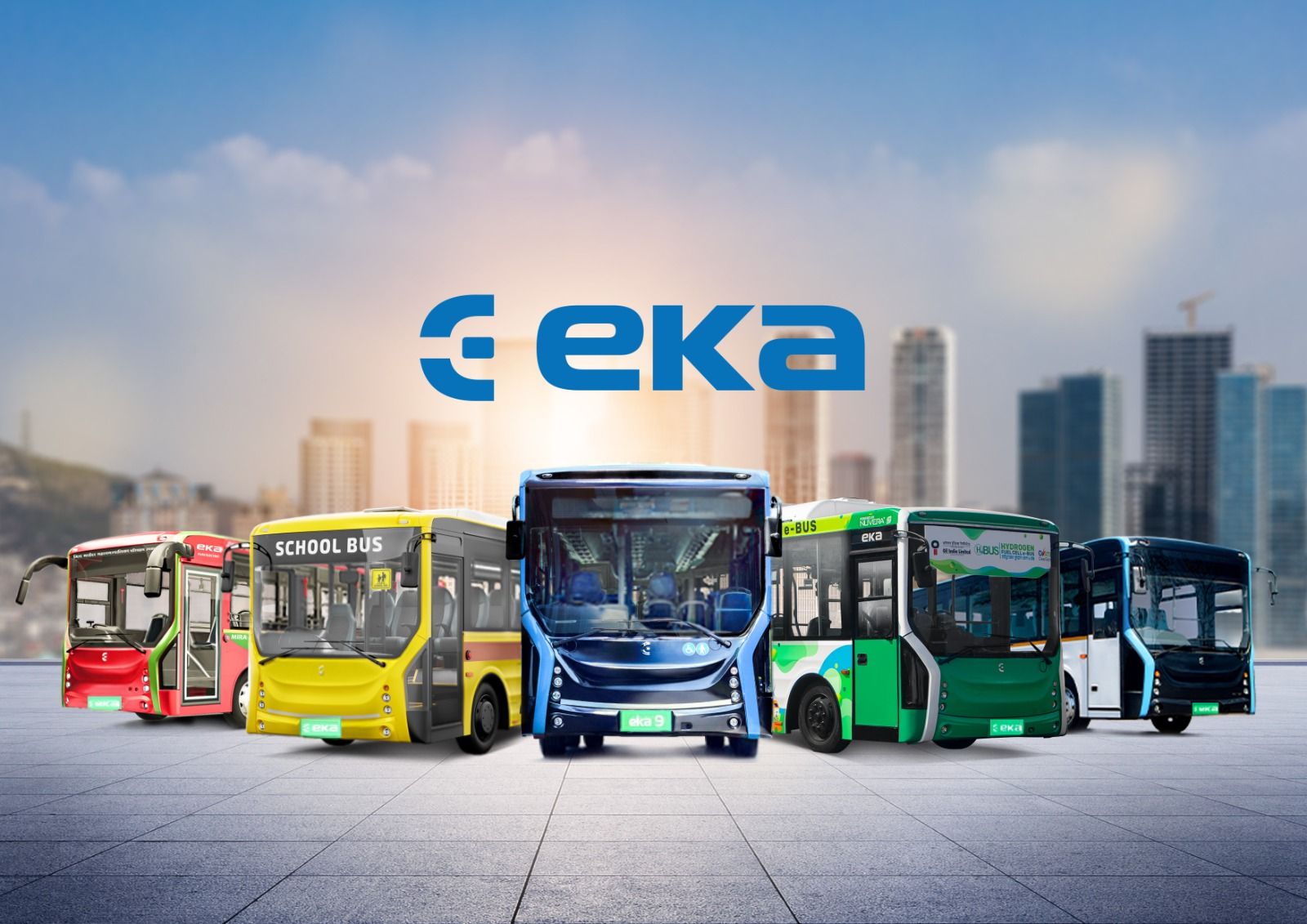Mindset, partnerships, and sustainability: Vinod Kumar’s advice for MSMEs to go global
Speaking at YourStory’s MSME Sparks 2025, Vinod Kumar, President of India SME Forum, laid out the roadmap for Indian MSMEs who are eyeing international expansion.


“You’re not supposed to work in the business…You’re supposed to work on the business,” Vinod Kumar, President of India SME Forum addressed entrepreneurs on Day 2 of YourStory’s MSME Sparks 2025—a week-long event spotlighting the unsung heroes building the country’s economic future.
Talking about the need of the hour—for Indian MSMEs to stop limiting themselves to domestic markets, and instead, actively chart a course towards global presence—Kumar emphasised the fundamental mindset shift that’s necessary for Indian entrepreneurs. Entrepreneurs should stop acting like employees and start leading like visionaries. Business leaders should step away from operations, manufacturing, and customer support. Instead, they should build a team that runs the machine and, in turn, reports to them.
Setting the stage for the fireside chat on ‘Global pathways: How MSMEs can conquer international markets’, Kumar seeks examples from India’s history. “When we are talking about the future, I think it is all stemming from the past and the history where we come from…We had a lot of good produce. We had cotton, we had a lot of arty crafts…people used to come to India and buy from Indians, and we had no idea what they would do with it.”
Highlighting the industrial evolution during World War II that led to European governments setting up and investing in enterprises like Lamborghini and Vespa, Kumar emphasises that India has been slow with building global brands. “Unfortunately, it has taken us a lot of time to create brands, create a presence in the world…majority of the enterprises are still looking at how to make ends meet in whatever little that they are doing as suppliers to somebody...”
Kumar attributes this mentality to high capital cost, bureaucratic challenges, and corruption in the ecosystem. “When this Indian entrepreneur goes international or sets up something there, they find it like fresh air…there’s absolutely no compliance or issues…,” he says, adding that entrepreneurs in India can have a unique edge globally, basically due to their ability to innovate under constraints, navigate completely complex regulations, and deliver value-added solutions, while working in the most competitive price sensitive situations.
He stressed that Indian MSMEs must move away from the mindset of just being component suppliers to global players, and convert into brand builders or global players themselves.
Speaking about actionable steps that would help Indian MSMEs go global, Kumar stresses on market intelligence and planning. His advice to small and medium businesses is to study the global trade data, identify the demand sources, and understand how products are being sourced.
Instead of supplying unbranded products to global ecommerce marketplaces, he advises Indian brands to be on the platform and study its consumers better. “You will be able to figure out exactly what they (customers) like, and what they don’t like…You are aware of the specifications…there is no better time than today when you can actually have a global export center in India,” Kumar says.
Having personally facilitated over 100 collaborations between Indian MSMEs and global brands, and with 8,000 Indian companies reaching out to him for global reach, Kumar believes that global partners look for standardisation, consistency, innovation, and scalability, when it comes to building partnerships.
Finally, Kumar adds that in today’s age and time, sustainability is no longer optional, and is MSME’s passport to global markets. “When you look at how people are actually identifying which person, company, enterprise or entrepreneur they want to work with, sustainability is the biggest key, and it is going to be the biggest key 10 years down the line,” he said adding that majority corporations around the world look at supplies that are sustainable and that it will play a foundational role in shaping the global competitiveness of Indian MSMEs.
Wrapping the session, Kumar added: “Those that are looking at surviving, sustaining, can no longer look at only India as a market…people will have to look at global markets, because that is the only way you will be able to compete against anybody.”





![How Social Platforms Measure Video Views [Infographic]](https://imgproxy.divecdn.com/AncxHXS242CT-kDlEkGZi7uQ2k70-ebTAh7Lm14QKb8/g:ce/rs:fit:770:435/Z3M6Ly9kaXZlc2l0ZS1zdG9yYWdlL2RpdmVpbWFnZS9ob3dfcGxhdGZvcm1zX21lYXN1cmVfdmlld3MucG5n.webp)




![How Google’s AI Mode Compares to Traditional Search and Other LLMs [AI Mode Study]](https://static.semrush.com/blog/uploads/media/86/bc/86bc4d96d5a34c3f6b460a21004c39e2/f673b8608d38f1e4be0316c4621f2df0/how-google-s-ai-mode-compares-to-traditional-search-and-other-llms-ai-mode-study-sm.png)





